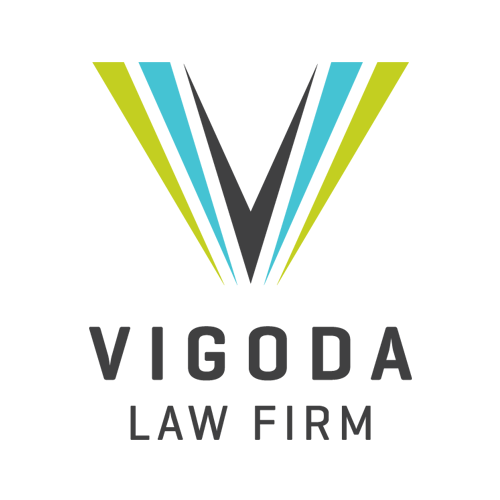Stepping Up Scrutiny: New Challenges For H-1B Applicants
/By Andrew Soboeiro
As a candidate, Donald Trump consistently promised to limit foreign entry to the United States. So it’s little surprise that as President, he has (mostly) used his authority to make it more difficult to enter this country from abroad. In particular, the Trump administration has placed greater scrutiny on the H-1B visa program, increasing the financial and paperwork burden on both foreign workers and the companies seeking to hire them.
How the H-1B Program is Changing
The H-1B visa program allows skilled workers to live in the United States for three years. To qualify, a worker must have at least a bachelor’s degree in a specialized field. Companies looking to take advantage of the program must show that they could not have reasonably filled the position by hiring US nationals. They must also pay visa holders the higher of the wages they typically pay for their positions.
The number of H-1B visas issued annually is currently capped at 85,000, though certain categories of workers are exempt from this cap. Because hundreds of thousands of people apply each year, Federal authorities use two lotteries to determine who is selected. The first lottery assigns an initial 20,000 visas, and is only open to candidates with Master’s degrees. The second distributes the remaining 65,000 visas and is open to anyone not chosen in the first round. This system allows only a small fraction of applicants to receive visas, creating uncertainty for companies and foreign workers alike, who must invest considerable time and effort just to apply. Many applicants and sponsors have thus argued that the cap should be raised and the approval process simplified.
The Trump Administration’s Increased Scrutiny
As much as businesses and foreign workers would like to simplify and expand the H-1B program, the Trump administration is doing just the opposite. Since taking office, the president has dramatically increased the number of challenges against these visas — challenges that many immigration law experts find baseless. So far this year, the White House has issued 85,000 requests for evidence against H-1B petitions. By comparison, the most requests ever issued by the Obama administration in one year was in 2014, when it challenged 65,000 applications.
The Trump administration has defended this decision by arguing that there is widespread abuse of the H-1B program. Officials point to the fact that many workers with H-1B visas end up in entry-level jobs, suggesting that their skills are not highly specialized. The program’s defenders counter that entry-level jobs can still require rare skills, especially in fields like medicine and engineering, where workers need years of training at the outset. They have also pointed out that the president does not seem to understand how the application process works, having erroneously stated that H-1B visas “are awarded in a totally random lottery.” This suggests that whatever problems the current system has, it is unlikely that the Trump administration knows how to fix them.
The Likely Impact of Increased Scrutiny
Applying more scrutiny to the H-1B program is likely to harm the information technology industry, which relies disproportionately on foreign workers. More than 65 percent of H-1B workers are in tech-related fields. While much of the discussion around these changes has focused on how they will affect Google and Facebook, such large companies have the resources to respond effectively to more challenges. Smaller companies are likely to have a much more difficult time using the program, as many can barely manage to sponsor foreign workers already. This could accelerate the ongoing trend toward consolidation in the tech industry, as large firms increasingly drive smaller ones out of business.
Vigoda Law Firm offers support for H-1B applicants and all others trying to live and work in the United States. For more information or to request assistance, visit our website today.

